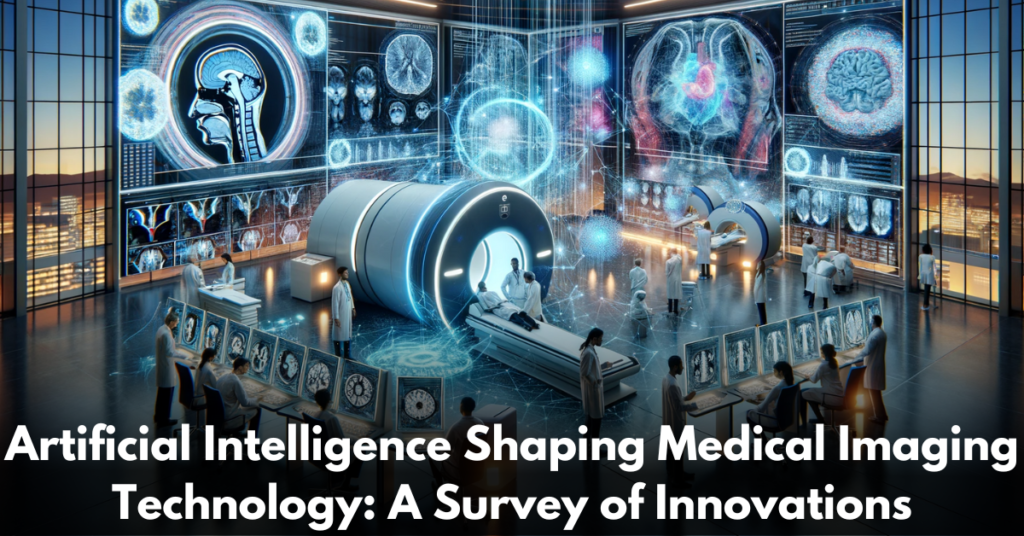Artificial Intelligence Shaping Medical Imaging Technology: A Survey of Innovations
Artificial intelligence (AI) is being utilized by researchers from the University of Texas at San Antonio and UT Health San Antonio in an endeavor that is setting a new standard for the treatment of cardiovascular conditions. Their innovative generative artificial intelligence model, which is centered on improving the way in which cardiologists visualize coronary arteries, holds the promise of an improved ability to predict heart attacks and to make more informed decisions regarding treatment.
OCT’s Potential Unlocked
One of the most important factors in determining the health of the heart is the coronary arteries, which are the vessels that deliver blood to the heart. An accurate examination of these arteries enables the prediction of heart attacks by evaluating the accumulation of plaque in the structure of the arteries. The optical coherence tomography (OCT) technique is currently the gold standard for carrying out these extremely important scans. OCT was initially developed for retinal scans, and it uses infrared light from a catheter to produce high-resolution images of the inside of arteries. These images provide a high level of detail that can sometimes be overwhelming for medical professionals.
Is Artificial Intelligence the Future of Cardiac Imaging?
Feldman, Paul Rad from the University of Texas at San Antonio, Paul Young, a doctoral research assistant, and other researchers are working together to develop an artificial intelligence model in order to further improve the interpretation of coronary optical coherence tomography (OCT) images. The project has collected approximately 2,000 optical coherence tomography (OCT) scans and histology images in order to train this artificial intelligence. The project’s goal is to enable doctors to make decisions that could save lives and to predict heart attacks at an earlier stage.
Heartcare Transformation
The project is anticipated to take several years to complete, but there is a great deal of excitement regarding the potential impact of the AI model. The researchers, manufacturers of optical coherence tomography (OCT), and suppliers of medical equipment are working together to develop a model that has the potential to significantly improve cardiovascular healthcare. It is anticipated that the model will become widely available.
Researchers at GE HealthCare have developed deep learning algorithms for magnetic resonance imaging (MR) reconstruction, specifically for cardiovascular imaging applications. These algorithms are enabled by artificial intelligence (AI). A further demonstration of the transformative potential of artificial intelligence in cardiovascular healthcare is provided by their artificial intelligence solution, Sonic DL, which enables highly accelerated functional imaging of the heart within a single heartbeat as well.



